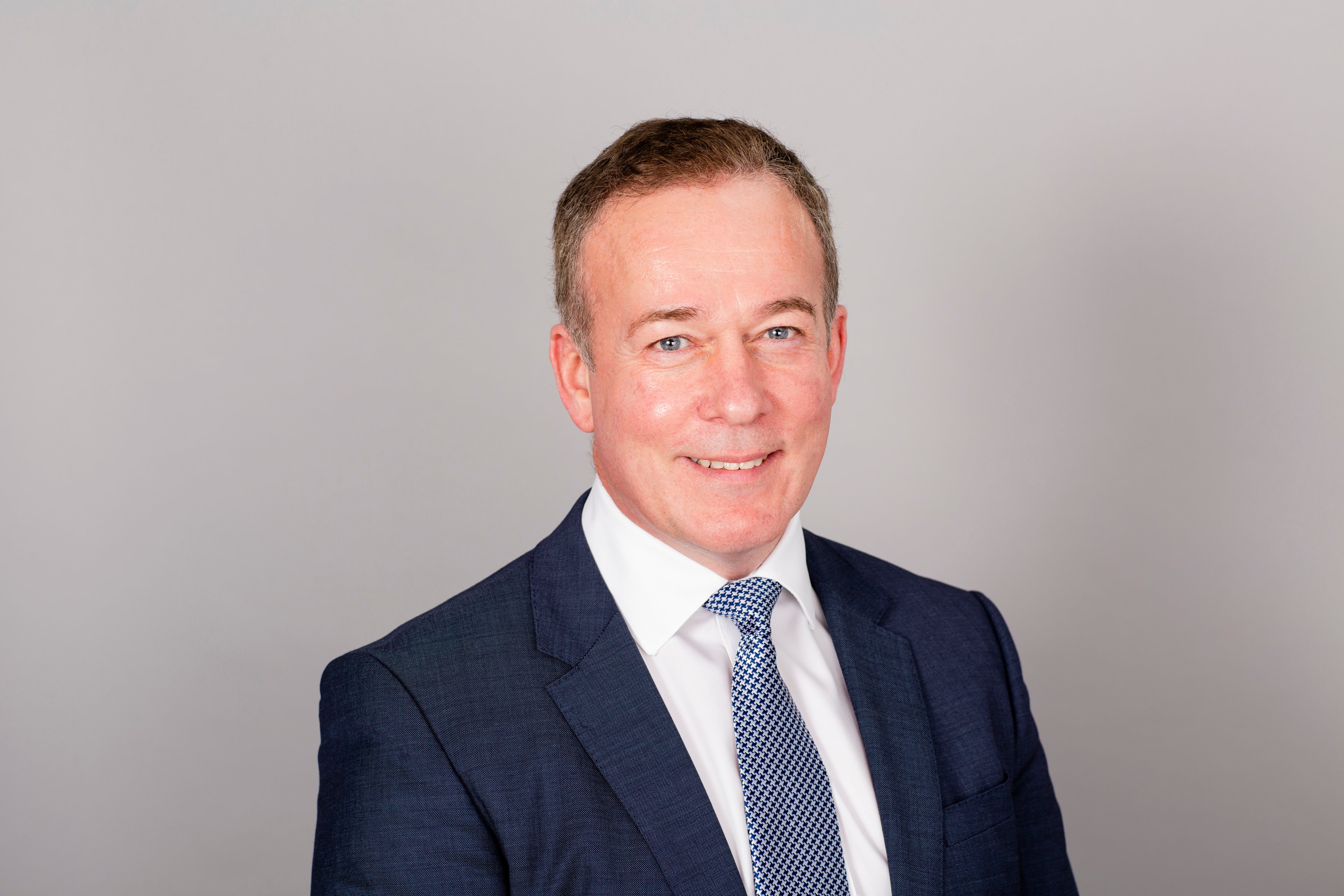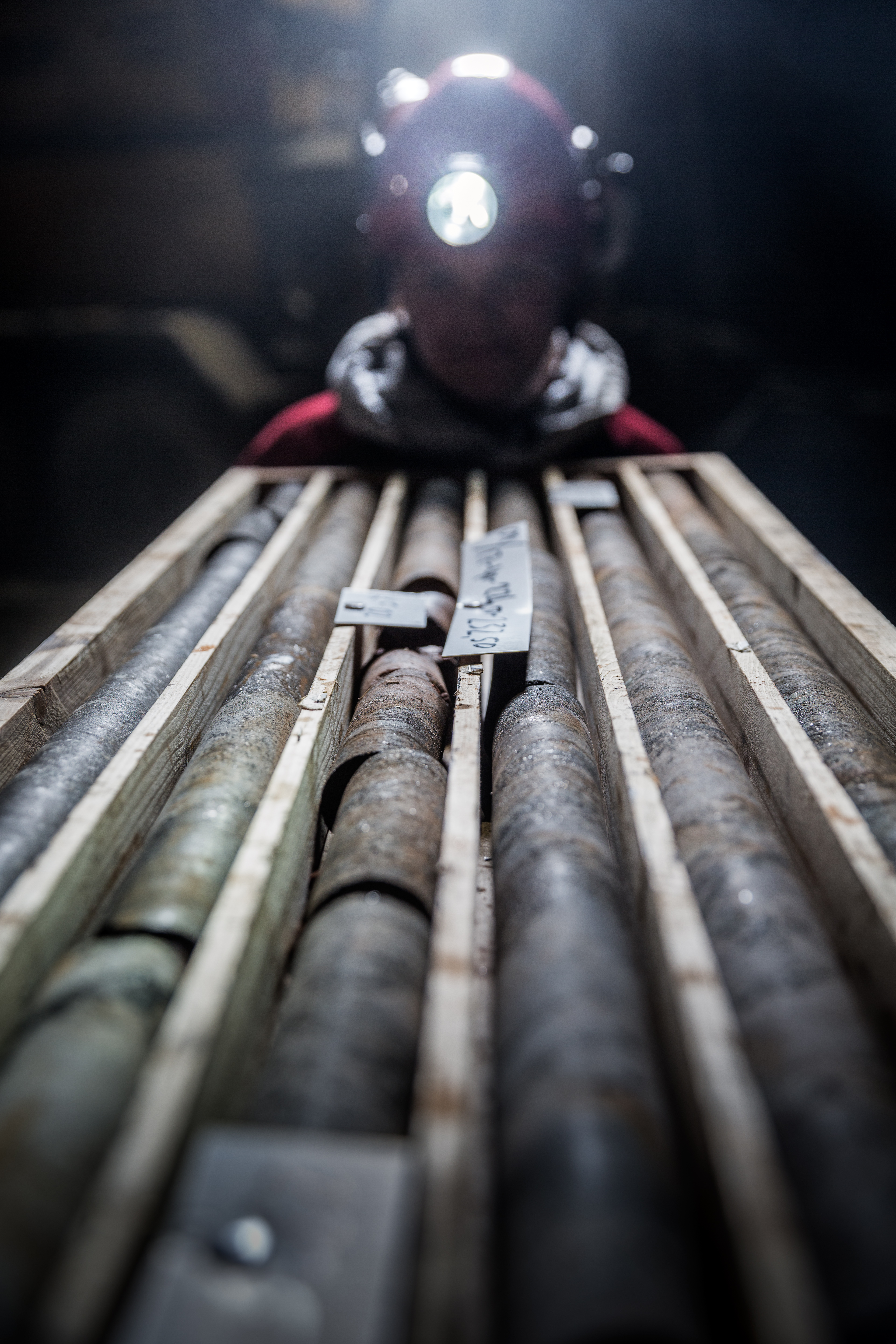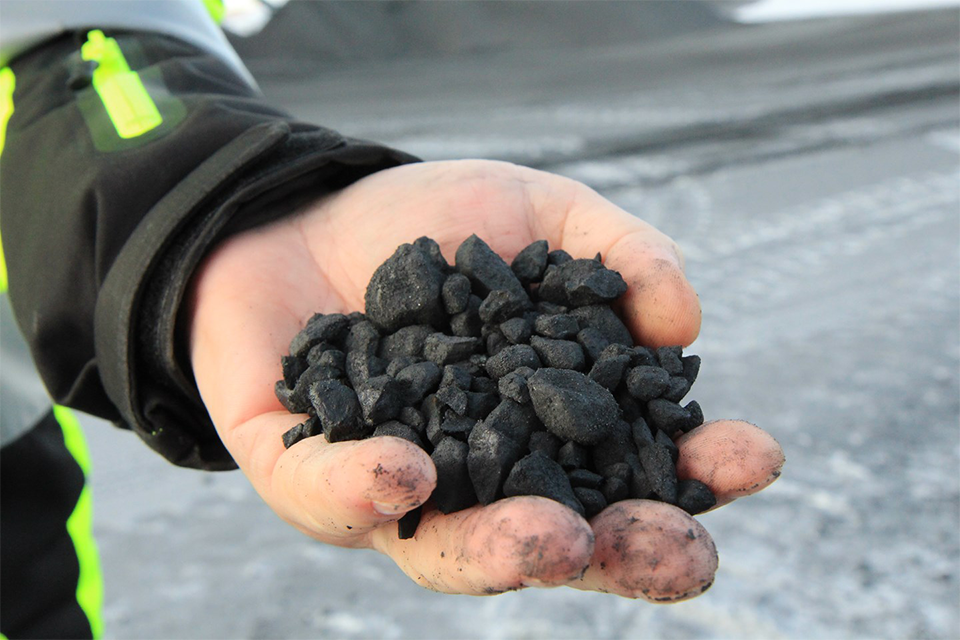Text framtagen i samarbete med LKAB
Utilising side streams from our own and others’ industrial operations allows us to create new high quality, environmentally efficient products.
“Already today, more than a third of LKAB’s sales of industrial minerals are from secondary streams of raw materials, generating over a billion kronor in income” says David Högnelid, Chief Strategy Officer for Business Area Special Products.
In fact, LKAB Minerals – the group’s Industrial Minerals Division – was established as far back as 1989 for precisely this purpose: to find alternative markets for iron ore products. Darren Wilson is CEO of the Industrial Minerals Division, which has operations in 11 countries.
“By specialising in different markets where industrial minerals are used we can maximise the value of all individual product grades we produce. All mining companies need an industrial minerals division to increase materials efficiency and offer alternative routes to market,” says Darren.
Business development and sustainability go hand in hand
Today it is not just within iron ore mining that LKAB develops side streams for new products.
“We take back granulated blast furnace slag from steel producers – to which LKAB may have sold the iron ore for steel making – and grind it into a fine powder. The material is called GGBS (ground granulated blast furnace slag) and is used as a cement substitute in concrete production, which can reduce carbon emissions for concrete by up to 70 percent,” explains Darren Wilson.
This has become one of LKAB Minerals’ specialisations: converting waste from our own and others’ industrial processes into valuable materials for which there is demand in the market. The industrial minerals division collaborates with a number of different partners and industries to utilise side streams. This reduces costs and the environmental impact from landfill, and also reduces the need for new mining.
Critical minerals an opportunity for the future
LKAB’s iron ores also contain other mineralisations that are not currently extracted and that either remain in the end product when it goes to the customer, or are separated and form part of the so-called tailings that are deposited in ponds. Ulrika Håkansson is Project Manager for extracting critical minerals from tailings.
“Our tailings contain apatite. Our focus on circular business models means we can create further value out of the side streams from iron ore operations, such as extracting phosphorus for use as mineral fertiliser. It also allows us to extract other minerals from the same flows, such as rare earth elements,” explains Ulrika. The project is scheduled to be in full production by 2027.
Helping to achieve global goals
“Many value chains start in the mine, which means that LKAB’s contribution to sustainable development is doubled. The world is supplied with the minerals and metals needed for new technology and the sustainable development of society. At the same time, LKAB can reduce the environmental and climate impact of its own and others’ industrial processes, for example by introducing more circular economy business models – with benefits for society, the environment and the company alike” David Högnelid concludes.
What is a circular economy?
“A circular economy is a tool for reducing society’s resource use and the resulting environmental impact,” writes the Swedish Delegation for Circular Economy. It involves moving from a linear principle in which something is used and then becomes waste to a circular model which:
• is based on renewable energy sources
• reduces/eliminates waste
• reuses/recycles products and materials
For mining and minerals producers this includes developing technologies and business models – alongside primary production – that utilise side streams (which could otherwise have been waste streams) of materials that can be processed into new products.

Based in the UK, Darren Wilson is CEO of LKAB’s Industrial Minerals Division. More than a third of industrial minerals sales (2020) consist of by-products from our own and others’ processes that have been upgraded into high quality, environmentally efficient products.

In its exploration LKAB now also reports the phosphorus content, but our ores also contain other critical minerals and metals such as rare earth elements and vanadium. The primary production of iron ore in large volumes creates a basis for a circular business model in which LKAB develops technology and processes to extract these profitably – thereby increasing materials efficiency and broadening the business.
